On the initiative of the Ivano-Frankivsk Journalists’ Solidarity Center (JSC) of the National Union of Journalists of Ukraine (NUJU) and with the assistance of the RAI TV and radio company, on the occasion of World Press Freedom Day, which is celebrated every year on May 3, a tele-discussion on the topic Our Freedom Depends On From Freedom Of Speech. The moderator was Andrii Rusyniak, the director general of the TV and radio company.
The speakers were the coordinator of the Ivano-Frankivsk JSC; the secretary of the NUJU, Viktoriya Plakhta; the representative of the National Council of Ukraine on Television and Radio Broadcasting in the Ivano-Frankivsk Region, Ihor Maslov; the vice-rector for scientific work of Ivan Zolotoustyi Academy of Ivano-Frankivsk and political scientist, Oleh Bilous; the Ph.D. of Sciences and professor of King Danylo University, Vitalii Nadurak; the founder of the Carpathian Information Corporation (PIC), Oksana Kaminska, and own correspondent of the Espresso TV channel in the Ivano-Frankivsk Region, Ivan Haruk.
The guests of the show were an assistant of the Ivano-Frankivsk JSC, Bohdana Zasidko; the director of the Vezha TV and radio company, Olena Tretiak; the head of the Communication Department of the Donetsk Chamber of Commerce and Industry/journalist of the Tekhnopolis newspaper and IDP Vira Iliyina; associate professor of the Department of Journalism of Vasyl Stefanyk Precarpathian National University, Halyna Prystai; a graduate student and an employee of the same department, Tetiana Strutynska; and students of the department Sviatoslav Makohin and Viktoriya Pitsak; the editor-in-chief of the Holos-info online publication and the Holos-Inform newspaper, Vitalii Chornenkyi; student of the department of journalism, advertising and communication of public relations at King Danylo University, Oleksandra Borzionok; an IDP from the Kharkiv Region and a student of the same department, Karyna Kovalevska.
Lina Kushch, the NUJU First Secretary, also joined the discussion online.
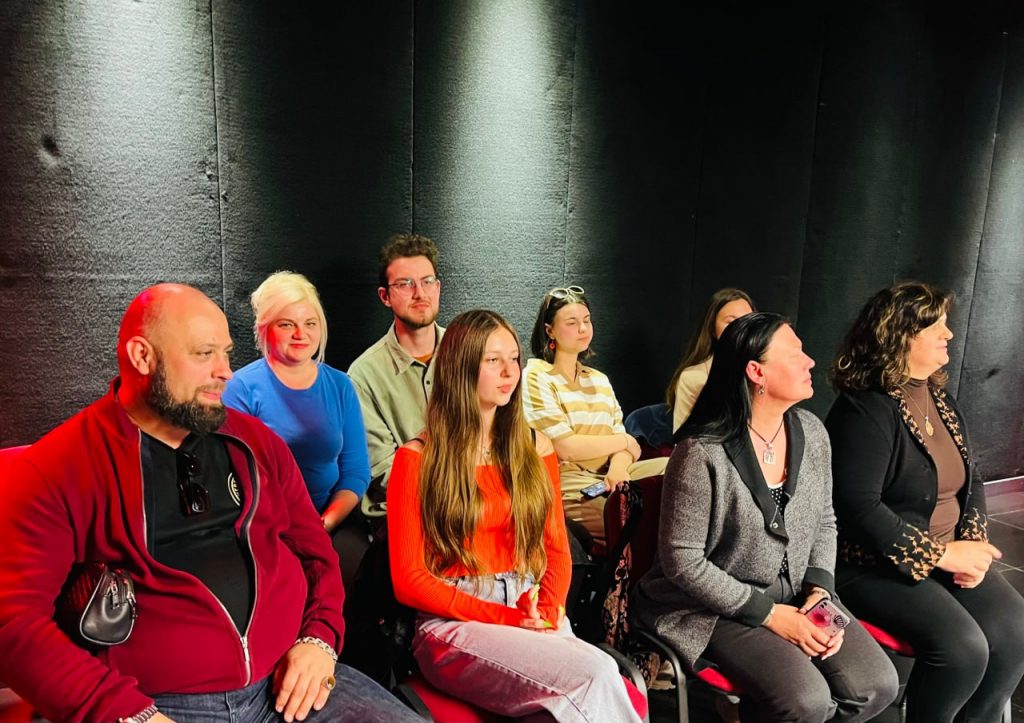
During the discussion, the participants emphasized that without freedom of speech, the existence of a democratic society is impossible. Therefore, the restriction of this freedom should be approached with special attention and caution. Everyone was unanimous that freedom of speech is preserved in Ukraine, even though our country is under martial law. However, there are certain challenges to freedom of speech and journalists during the war.
“Freedom of speech is what distinguishes Ukraine from dictatorial regimes. This is the property that our defenders are fighting for today on the front lines. Let’s remember, thanks to whom we have the opportunity to freely speak, gather and spread our thoughts. We are aware that during martial law, certain human rights may be restricted, including freedom of speech, and this is enshrined in law. But, in our opinion, the list of these restrictions on freedom of speech should be comprehensive, justified, and limited in time. We, as the NUJU, are recording signals from different parts of our country, including from the national media, when officials try to restrict journalists’ access to various types of information under the pretext of martial law. In particular, a part of the registers, which were always open, is closed. Journalists on the ground are denied access to sessions of local councils to various meetings of local self-government bodies. In the capital, journalists’ access to meetings of the Verkhovna Rada and the Cabinet of Ministers is closed,” Lina Kushch said.
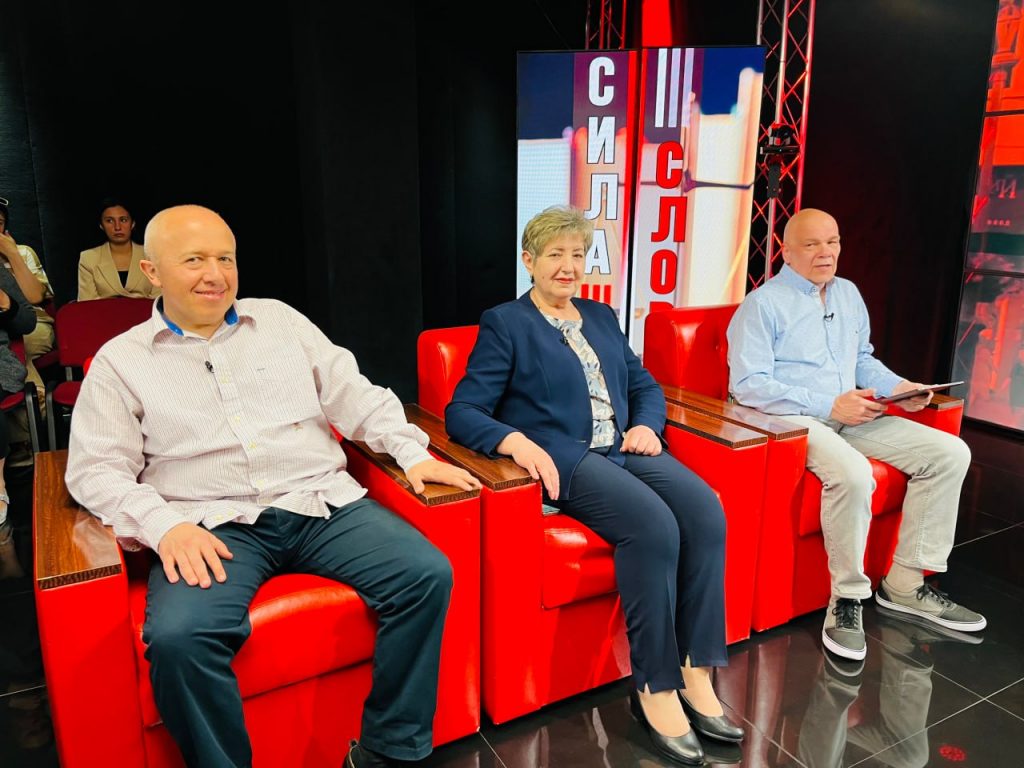
“Economic and financial difficulties are among the challenges that negatively affect freedom of speech. And in this there is a certain responsibility of the authorities. And not only in the fact that it is impossible to get this or that information from her. Here is an example: the Law on Denationalization of State and Communal Mass Media provided for the government to enter into agreements to cover its activities with the editors of the reformed publications. It has been several years since our media went into “free sailing,” but today it is difficult to name where in the region such an agreement has been concluded. The local government saves exactly on words. With such an agreement, the problems of the media cannot be solved one hundred percent, but the support would be tangible. It was because of financial difficulties that the newspapers Svicha, Novyny Pidhiriya, Visti Kalushchyny, Dzvony Pidhiriya, and Halytske Slovo have literally disappeared in the last two years. And one more nuance that concerns the authorities. We have had the Bohdan Boiko Regional Journalism Award for more than two decades, but the awarding ceremony has not been held for the third year in a row. For some reason, other awards have not been canceled. In their remarks, colleagues also mentioned Ukrposhta, which contributes to the fact that print media are disappearing from the information space. Of course, our topic today is important because our freedom actually depends on freedom of speech,” Viktoriya Plakhta emphasized.
“In my opinion, freedom of speech does exist in Ukraine. In some cases, there is so much of it that some kind of rationing is needed. I think there should be a balance. There are so many publications and people who can say anything. Therefore, freedom of speech must be supported by journalistic ethics, objectivity, and a sense of different ideas,” noted Oksana Kaminska.
“Freedom of speech really exists in Ukraine. However, I want to draw attention to economic pressure. I am a journalist from the front-line territory, and our independent media lost a huge amount of work – the print version – with the beginning of the full-scale invasion. A number of my colleagues found themselves in the same situation. We lost money. There is also economic pressure – people are forced to leave the profession, and media outlets get closed. So, when there are no conditions for work, this is economic pressure. Only thanks to the NUJU and personally to its President Sergiy Tomilenko, we saved our newspaper, Tekhnopolis. I am sure that our publication will continue to be published in print,” said Vira Iliyina.
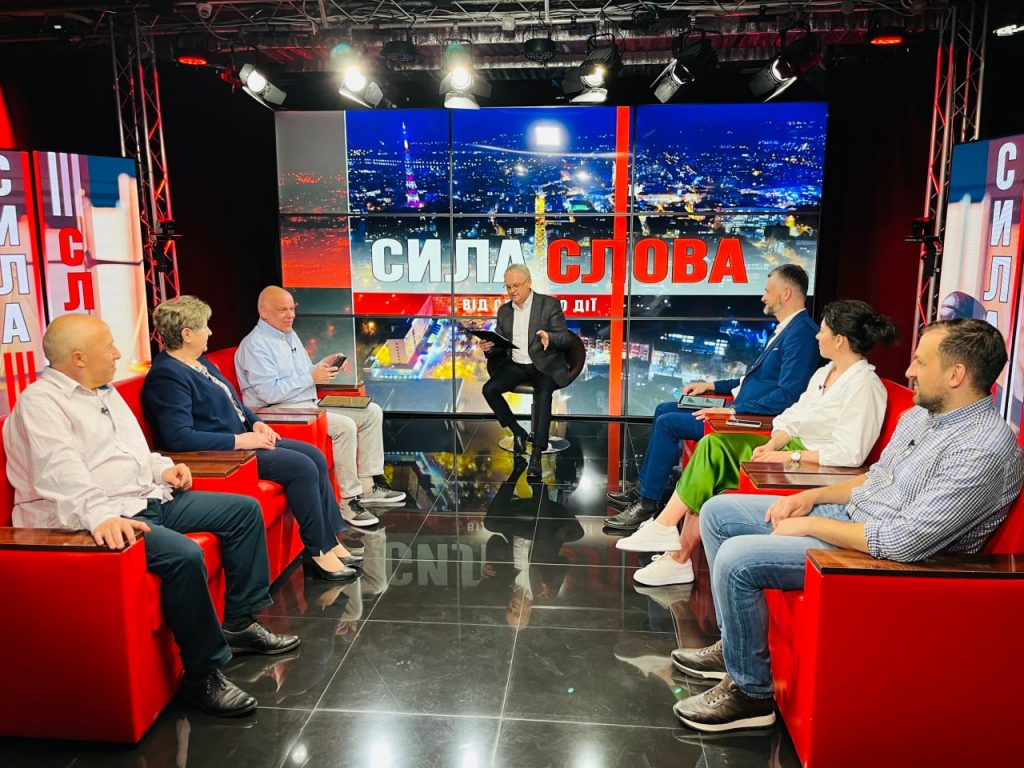
“Today, we are talking about the power and freedom of speech in this studio. I believe that this is our great achievement; we approached it by making efforts since the beginning of Independence. In various periods, of course, there were “attacks on freedom of speech,” especially during the Kuchm presidency times and Yanukovych’s presidency. Even today, we have a TV pool that is included in the United Marathon. For unknown reasons, the Espresso TV channel, in particular, was not included there, and it was also turned off from the T2 network. Therefore, it is necessary to always keep one’s finger on the pulse in order to prevent similar cases, even during the war with russia. Any media should work to report on state bodies, express opinions, present the positions of both civil society and political forces – pro-government, opposition, etc.,” Ivan Kharuk noted.
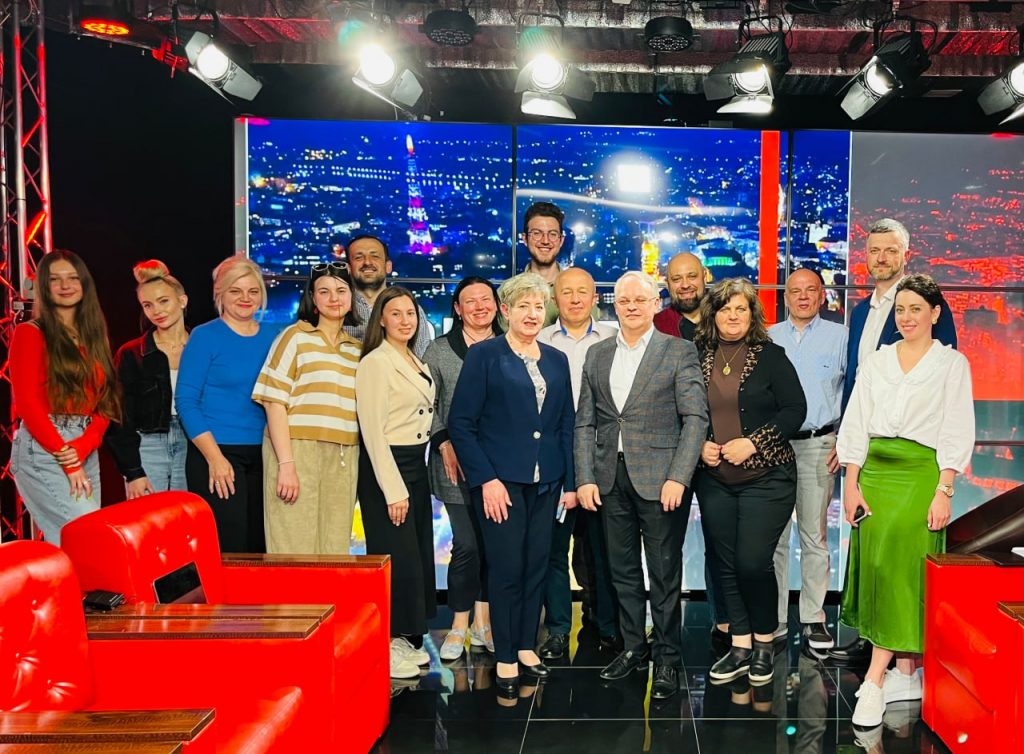
During the discussion, participants exchanged views on whether our freedom depends on freedom of speech.
“Freedom of speech is fundamental for me. In my opinion, the societies having it also have corresponding democracy. The societies that don’t are covered with darkness, which can give rise to autocracy,” Sviatoslav Makohin said.
“For me, freedom of speech is the first responsibility, as well as quality. We must remember that what we say must be of quality. After all, when the time comes, and we have to bear responsibility, we must know whether we said the right thing, whether we wrote the right thing, whether the true information left us or not,” Oleksandra Borzionok noted.
In the context of the discussion topic, the participants also discussed the Law of Ukraine On Media, which divides the types of prohibited content according to the time of their use. The key to this distinction is the appearance of Chapter IX in the Law. It contains norms about the peculiarities of media activity in conditions of armed aggression.
During the conversation, the participants emphasized the importance of media literacy both for journalists, in particular and for the population in general.
“The very generation of those young people sitting in the studio today is called to shape freedom of speech in our country. It is very important that those who are currently studying journalism go on to work in the profession,” said Ihor Maslov, addressing the students.
Viktoriya Plakhta thanked the director general of RAI TV and radio company and the moderator of the meeting, Andrii Rusyniak, for his support and assistance in conducting the broadcast and also expressed gratitude to the speakers and guests of the studio for their participation and active citizenship.
Call the Ivano-Frankivsk JSC at 066 677 0726 (Viktoriya Plakhta, the Ivano-Frankivsk JSC coordinator). The Center’s address is 25 Sichovykh Striltsiv Street.
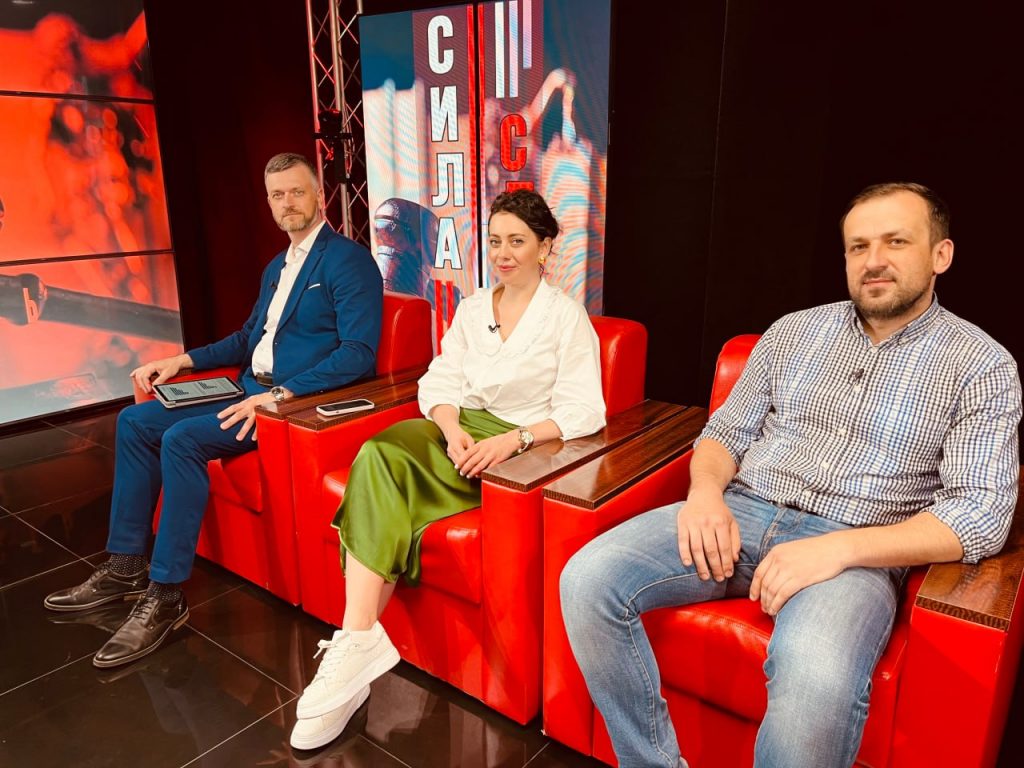
ABOUT JSC
The Journalists’ Solidarity Centers is an initiative of the NUJU implemented with the support of the International and European Federations of Journalists and UNESCO. The initiative is designated to help media representatives working in Ukraine during the war. The Centers operate in Kyiv, Lviv, Ivano-Frankivsk, Chernivtsi, Zaporizhzhia, and Dnipro and provide journalists with organizational, technical, legal, psychological, and other types of assistance.
ABOUT UNESCO
UNESCO is the United Nations Educational, Scientific, and Cultural Organization. It contributes to peace and security by promoting international cooperation in education, sciences, culture, communication, and information. UNESCO promotes knowledge sharing and the free flow of ideas to accelerate mutual understanding. It is the coordinator of the UN Action Plan on the Safety of Journalists and the Issue of Impunity, which aims to create a free and safe environment for journalists and media workers, thus strengthening peace, democracy, and sustainable development worldwide. UNESCO is working closely with its partner organizations in Ukraine to provide support to journalists on the ground.
The designations employed and the presentation of material throughout this digest do not imply the expression of any opinion whatsoever on the part of UNESCO concerning the legal status of any country, territory, city, or area or its authorities or concerning the delimitation of its frontiers or boundaries.
The authors are responsible for the choice and the presentation of the facts contained in this digest and for the opinions expressed therein, which are not necessarily those of UNESCO and do not commit to the organization.
Bohdana Zasidko
Ivano-Frankivsk JSC

 THE NATIONAL UNION OF
JOURNALISTS OF UKRAINE
THE NATIONAL UNION OF
JOURNALISTS OF UKRAINE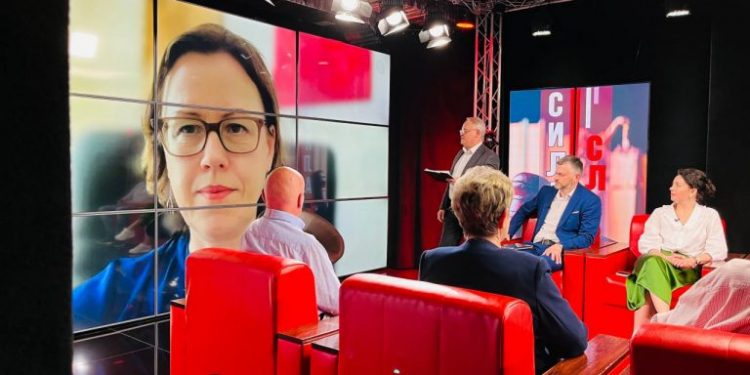
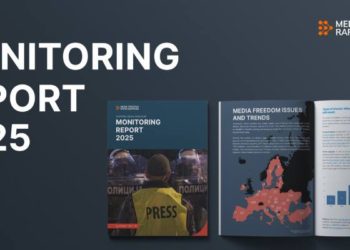
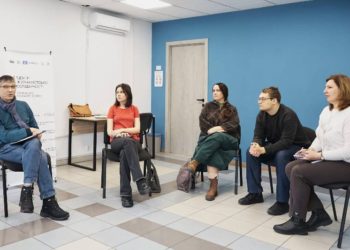
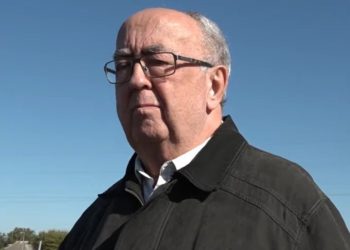













Discussion about this post